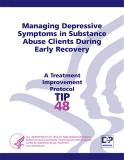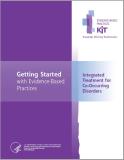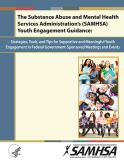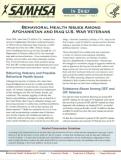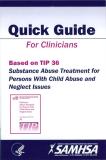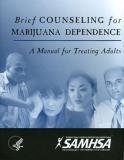
This guide provides guidelines for brief treatment and counseling with adults living with a marijuana dependence. It describes common treatment issues, assessment of marijuana use, motivational interventions, and how to change marijuana use through skill building.
Units per Product
Download
Counseling for Marijuana Dependence: Treating Adults
File Type: PDF
File Size: 1.06 MB


